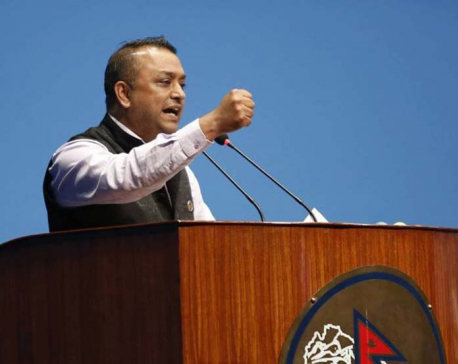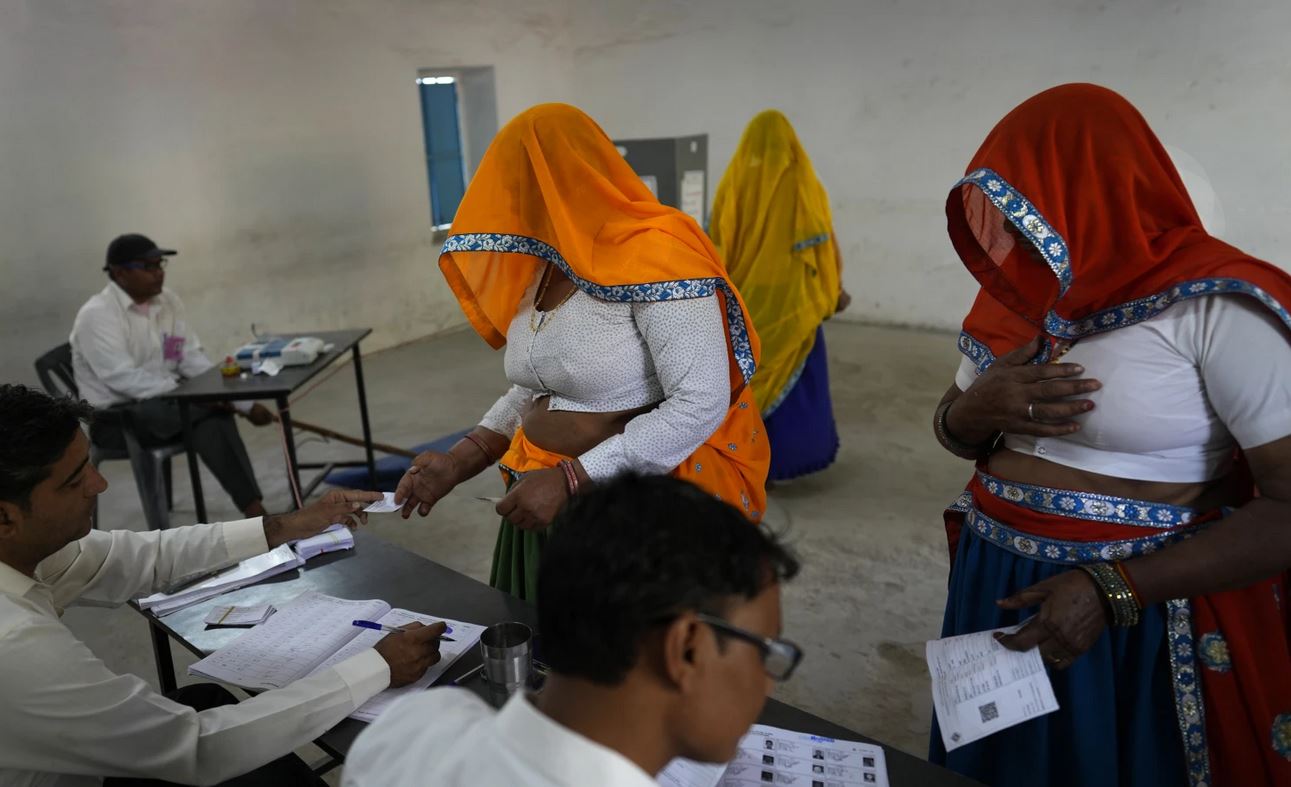
OR
Heed the opposition party too
Published On: March 27, 2019 02:00 AM NPT By: Republica | @RepublicaNepal
The decision of Constitutional Council to pick former Secretary Dinesh Thapaliya as chief election commissioner and Bisnhu Maya Ojha as a member of the National Inclusive Commission without participation of the leader of the main opposition Sher Bahadur Deuba of Nepali Congress (NC) has again raised some concerns about the intent of Prime Minister K P Sharma Oli. The Council went ahead with the appointment process on Monday though Deuba had informed the Council in writing that he wouldn’t be able to attend the meeting as he was prescheduled to chair NC’s parliamentary party meeting at the same time on Monday. Apparently, Oli did not care about his absence and took the decision. Oli, who also heads the Council, has given the impression that the head of the government is working unilaterally, without having the opposition leader present in the meeting. This is not how the head of Constitutional Council is expected to work.
We believe that Prime Minister could have waited for a day or two to ensure participation of Deuba in the meeting. In that case, even if the Council picked those candidates despite objection from opposition leader, it would further add to validity of the decision. Soon after the decision was made public people on social media reacted by asking why the PM had to appoint Thapaliya a day after Ayodhee Prasad Yadav retired from the post of chief election commissioner and on the same day Thapaliya resigned from the post of secretary. Those questions were equally valid because we have the precedent of leaving key constitutional posts vacant for months on end. Already main opposition has accused the government of appointing officials in constitutional bodies unilaterally. Nepali Congress has expressed strong objection to Council’s previous decision to appoint heads and members (total five) of different constitutional bodies. The NC even boycotted the entire process of the hearings in the parliamentary committee of the same officials. The ruling lawmakers endorsed them in absence of the opposition lawmakers. Moreover, the government appointed Samim Miya Ansari the head of Muslim Commission without endorsement from the hearings committee.
Such situation should have been avoided. Government mustn’t forget that its decision should not only be legally valid but also should be seen as appropriate. Presence of opposition leader in CC meeting is more meaningful now also because all other members—except opposition leader and chief justice—are from ruling party. PM Oli has been frequently accused of concentrating powers in his office and handling every issue the way he sees fit. Monday’s decision has further substantiated these concerns. This decision comes on the heel of the government registering a bill including some controversial provisions on mobilizing Nepal Army. The bill which is under discussion in the parliament has courted controversy as some provisions aim to skip Security Council recommendations to mobilize the national army in case of emergency. Prime Minister Oli mustn’t forget that the policies his government formulates and the precedents he sets remain for long. He should consult and take into confidence main opposition while taking decisions on key political and constitution issues. Narrowing down the differences with main opposition will make it easier for PM Oli to govern, not difficult.
You May Like This

NC leader Thapa accuses government of being disappeared from flood-hit areas
KATHMANDU, July 24: Nepali Congress central member Gagan Thapa has criticized the government for not being serious over the relief... Read More...

Nepali Congress could be better opposition
The main opposition Nepali Congress has given the impression that it is presenting itself assertively in the parliament, raising public... Read More...

Nepali Congress, rise up
When government ministers indulge in corruption, do not live up to people’s mandate, fail to become transparent and accountable, and... Read More...

Just In
- Indians vote in the first phase of the world’s largest election as Modi seeks a third term
- Kushal Dixit selected for London Marathon
- Nepal faces Hong Kong today for ACC Emerging Teams Asia Cup
- 286 new industries registered in Nepal in first nine months of current FY, attracting Rs 165 billion investment
- UML's National Convention Representatives Council meeting today
- Gandaki Province CM assigns ministerial portfolios to Hari Bahadur Chuman and Deepak Manange
- 352 climbers obtain permits to ascend Mount Everest this season
- 16 candidates shortlisted for CEO position at Nepal Tourism Board






_20220508065243.jpg)










Leave A Comment